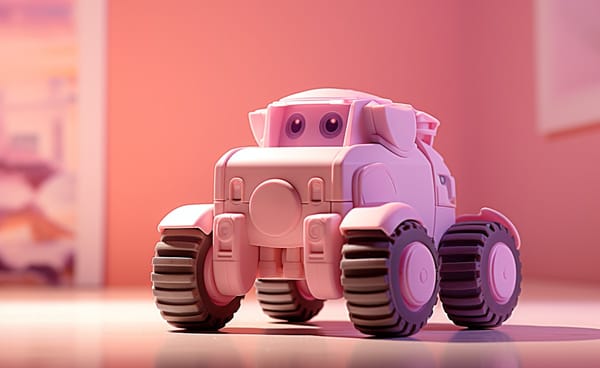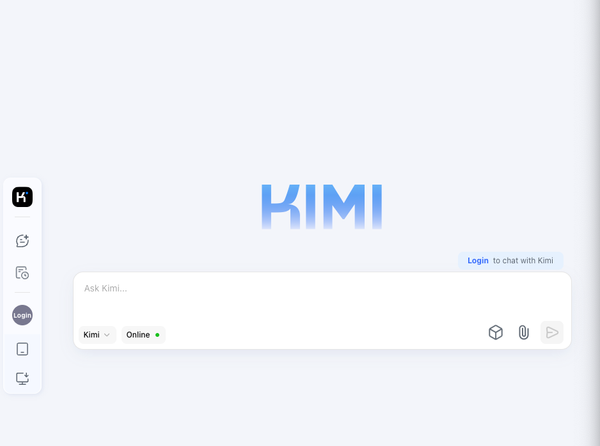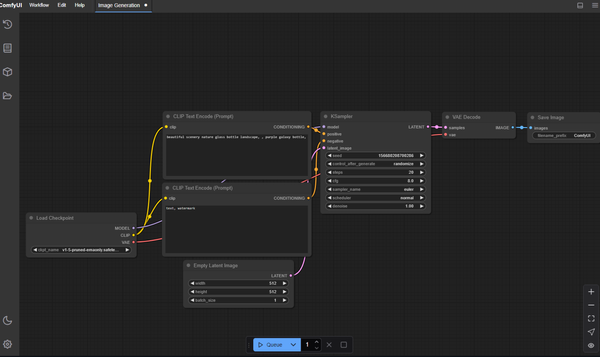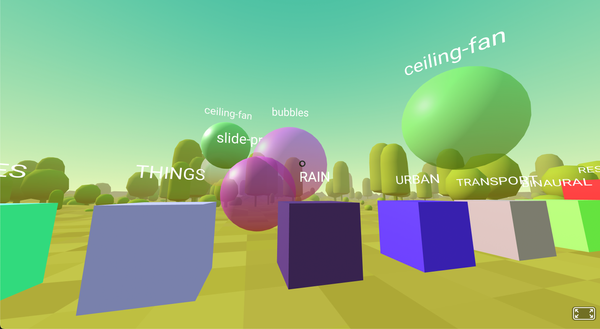AI is Here to Stay: How You Can Adapt and Thrive
Table of Content
As both a doctor and a developer, I’ve experienced firsthand how rapidly AI is changing the way we work, think, and even make decisions. Whether diagnosing patients or writing efficient code, I’ve realized one undeniable truth: AI is here to stay. And more importantly, you’ll need to learn how to use it effectively, or risk being left behind.
You might be wondering, “What does it mean to be a good AI user?” Let me explain.
Why Learning to Use AI Matters
AI won’t outright replace your job—not yet, at least—but someone who knows how to use it better than you will. I’ve seen this in healthcare, where a doctor using AI tools for diagnosis can provide faster and more accurate treatments. Similarly, in software development, an AI-savvy coder can debug, optimize, and innovate faster than someone stuck in outdated workflows.
If you’re serious about staying relevant in your field, it’s time to invest in becoming a good AI user. This isn’t just about knowing the buzzwords; it’s about mastering tools and workflows that make you indispensable.
Skills You Need to Be a Good AI User
1- Prompt Engineering: The New Essential Skill
Think of prompt engineering as the art of talking to AI effectively. You wouldn’t ask a colleague for a report without specifying what you need—the same goes for AI.For example, if you’re using ChatGPT to write content, asking it to “Summarize this blog post” might yield generic results.
But tweaking the prompt to include details like tone, target audience, and format can dramatically improve the output.Here’s a trick I’ve learned:
- Start specific: Tell the AI exactly what you need.
- Refine iteratively: If the response isn’t perfect, adjust your prompt.
- Use frameworks: Tools like LangChain can help structure your queries for even better results.
2- Understanding LLMs (Large Language Models)
Large Language Models, like ChatGPT or GPT-4, are at the core of many AI tools. They’re trained on vast amounts of data to generate human-like responses. But to use them effectively, you’ll need to understand their strengths and limitations.
- Strength: Quick and detailed responses for tasks like content generation, code completion, or brainstorming.
- Limitation: They sometimes produce incorrect or outdated information. Always cross-check critical outputs.
3- Exploring AI Agents
AI Agents, such as Auto-GPT or BabyAGI, are like your digital employees. They can automate tasks, from conducting market research to setting up email campaigns.
As a developer, I’ve used AI agents to automate repetitive workflows, saving hours of effort.To get started, you don’t need to be a coding expert—many tools have user-friendly interfaces. However, understanding basic scripting will take your AI agent usage to the next level.
4- Leveraging RAGs (Retrieval-Augmented Generation)
Ever wondered how to get the most accurate AI responses? That’s where RAGs come in. By combining AI’s generative abilities with real-time, accurate data retrieval, you can get precise and contextually relevant answers.
For example, instead of relying solely on an LLM for medical advice, a RAG-based tool can pull the latest research articles to provide evidence-based suggestions. This is a game-changer in fields where accuracy is critical.
How to Get Started
- Experiment with Tools: Don’t be afraid to dive in. Start with free or low-cost AI tools like ChatGPT, OpenAI Codex, or even basic automation scripts. The more you experiment, the more you’ll understand how these tools can enhance your work.
- Learn from the Community: Join forums, attend webinars, or read blogs. Websites like ItsFOSS and Medevel offer great insights. You’re not alone in this journey—there’s an entire community adapting alongside you.
- Focus on Practical Applications: Don’t just learn AI for the sake of it. Identify specific problems in your work or life that AI can solve. For me, it’s automating patient data analysis and streamlining app development workflows. What’s your priority?
Final Thoughts
AI isn’t a threat if you know how to use it. It’s a tool—one that can make you faster, smarter, and more efficient. But the key lies in adaptation. As a doctor, I’ve learned to trust AI for data-driven insights. As a developer, I use it to write and debug code. And as someone navigating an ever-changing world, I’ve embraced it as a lifelong learning opportunity.
So ask yourself: Are you ready to become a good AI user? Because if you’re not, someone else will be.
Start today. Learn, adapt, and thrive.
For more insights, check out these related articles:
- A Good AI User or Be Replaced
- AI Will Not Replace Your Job, But You Can Be Replaced
- Prompt Engineering: The Art and Science










